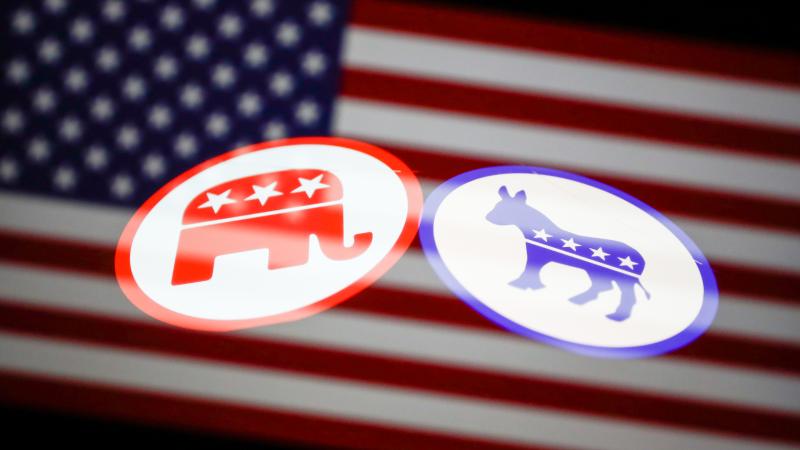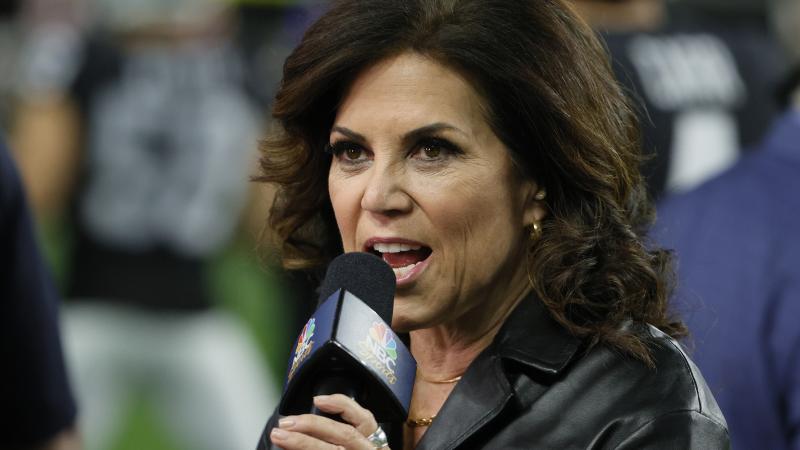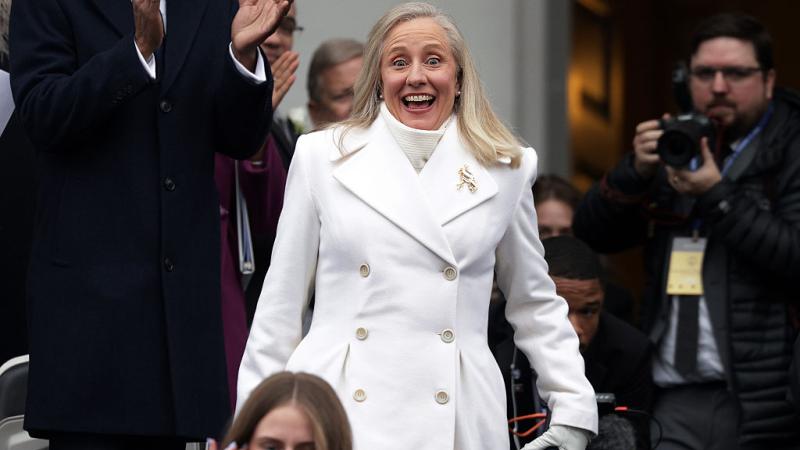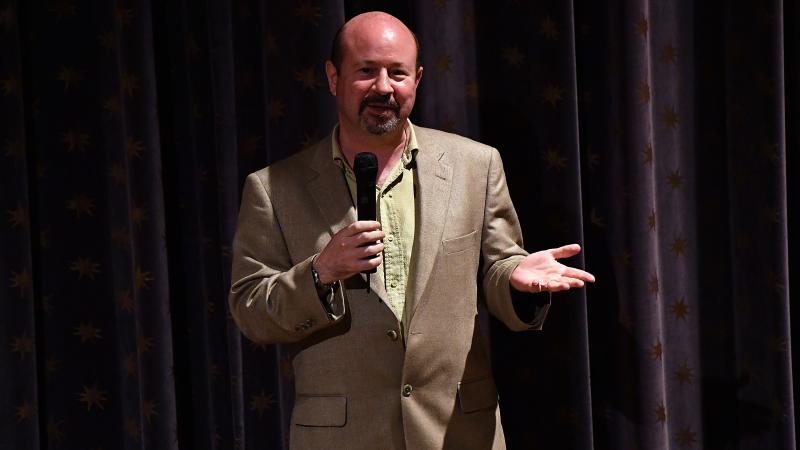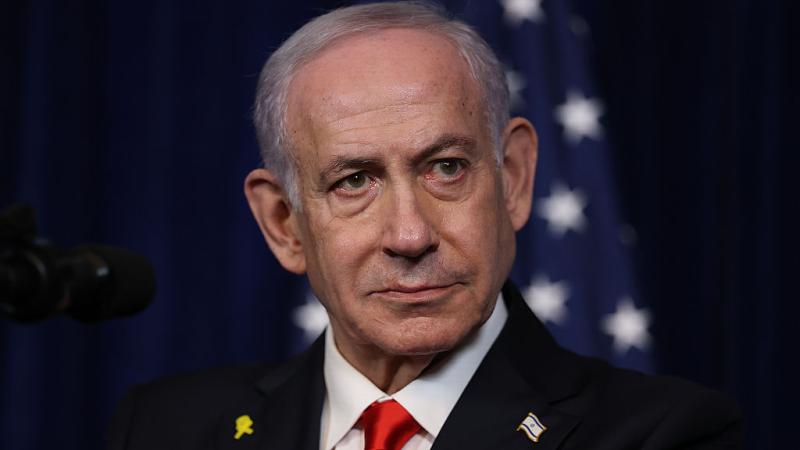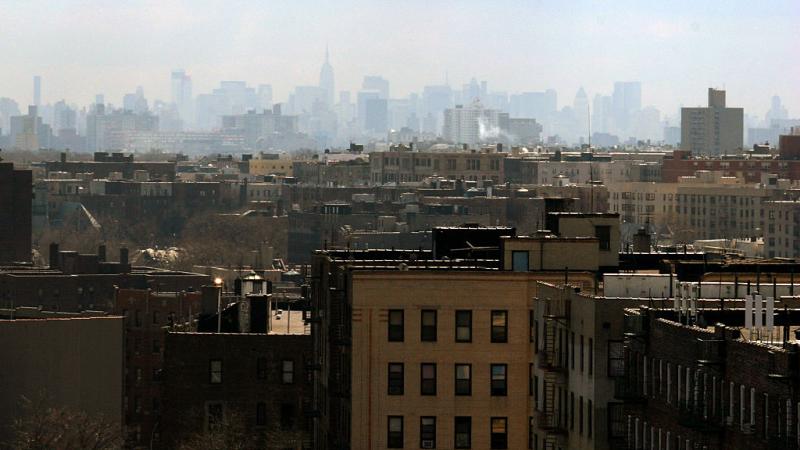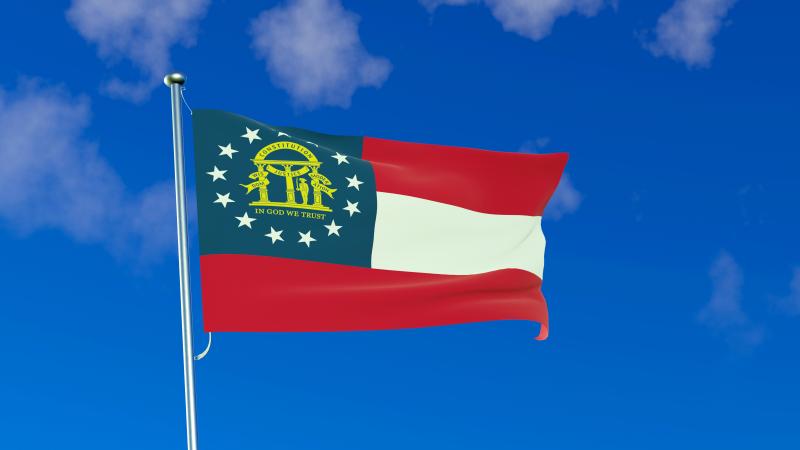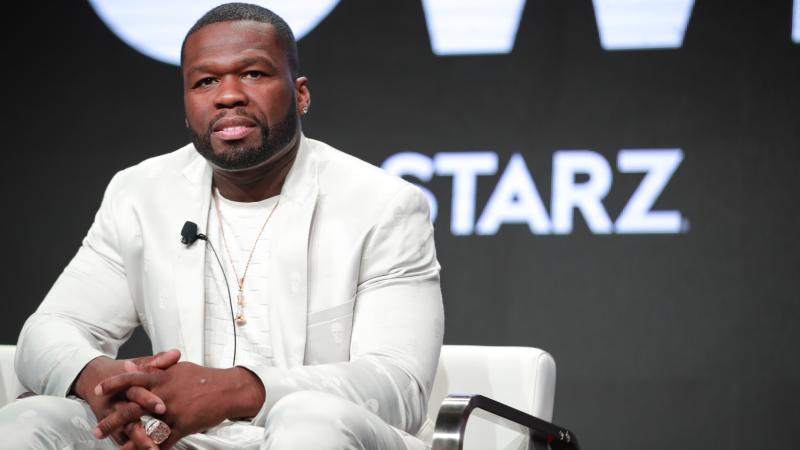Wisconsin governor orders halt to in-person balloting in Tuesday's primary
Evers had said he lacked the legal authority to postpone a state election unilaterally. Republican legislators plan on challenging his action in court.
Wisconsin Gov. Tony Evers has made a last-minute decision to delay in-person balloting in his state’s presidential primary Tuesday, following pleas for a postponement because of the coronavirus.
The Democratic governor issued an executive order that postpones balloting for two months and that is expected to get a court challenge.
Supporters of postponing the vote argue in-person balloting would conflict with Americans' efforts to distance themselves from one another to prevent the spread of the virus and exposing poll workers to infection.
Evers reportedly decide to postpone the primary until June 9 after failing to strike a deal with the state’s Republican-controlled legislature on the matter.
The governor’s order allows Wisconsin residents to request absentee ballots. Prior to the order, Friday was the last day to request a ballot.
Evers issued a stay-at-home order to his state late last month, but had previously said that he did not possess the authority to delay an election.
Evers called the state legislature into a special Saturday session to discuss measures taken around the primary election. He will call the legislature into another special session on Tuesday to “consider an act upon legislation to set a new in-person voting date for the 2020 Spring election.”
Statehouse Republicans, who are expect to appeal Evers' order to the state Supreme Court, called the last-minute order by Evers an “unconstitutional overreach.”
“There’s no question that an election is just as important as getting take-out food. … Gov. Evers can’t unilaterally run the state,” read a statement from State House Speaker Robin Vos and State Senate Majority Leader Scott Fitzgerald.
Evers has reached out to Ohio GOP Gov. Mike DeWine for advice on how to postpone the Wisconsin election using his executive authority.
DeWine attempted to postpone his state’s primary election in March, just hours before it was set to start. His effort did not result in a formal postponement of the election, but the Ohio state legislature did extend absentee voting through April 28.
The order from Evers extends the terms of hundreds of local and state officials currently serving in offices that were up for election on Tuesday.
As recently as April 1, Evers states that he wasn’t able to postpone the election on his own without violating state law.


